The foods you shouldn’t keep in the fridge
Tomatoes, bananas and bread are big no-nos
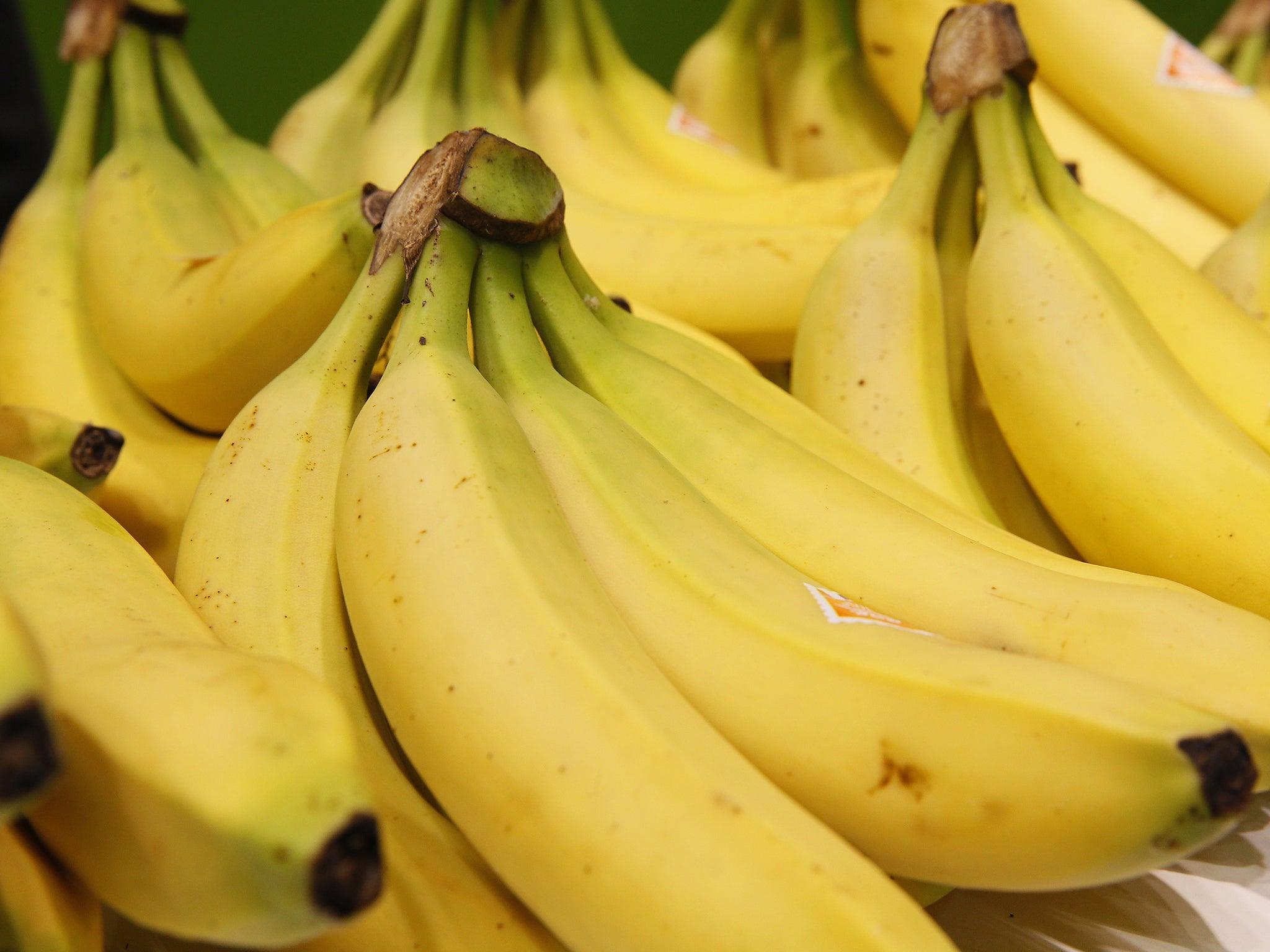
Your support helps us to tell the story
From reproductive rights to climate change to Big Tech, The Independent is on the ground when the story is developing. Whether it's investigating the financials of Elon Musk's pro-Trump PAC or producing our latest documentary, 'The A Word', which shines a light on the American women fighting for reproductive rights, we know how important it is to parse out the facts from the messaging.
At such a critical moment in US history, we need reporters on the ground. Your donation allows us to keep sending journalists to speak to both sides of the story.
The Independent is trusted by Americans across the entire political spectrum. And unlike many other quality news outlets, we choose not to lock Americans out of our reporting and analysis with paywalls. We believe quality journalism should be available to everyone, paid for by those who can afford it.
Your support makes all the difference.[This article was originally published in 2016]
It may appear as though the best way to make food last longer is to throw it all in the fridge the minute you get back from the supermarket.
But some foods go off more quickly, lose their taste and texture, or simply turn black, if they are refrigerated.
Tomatoes
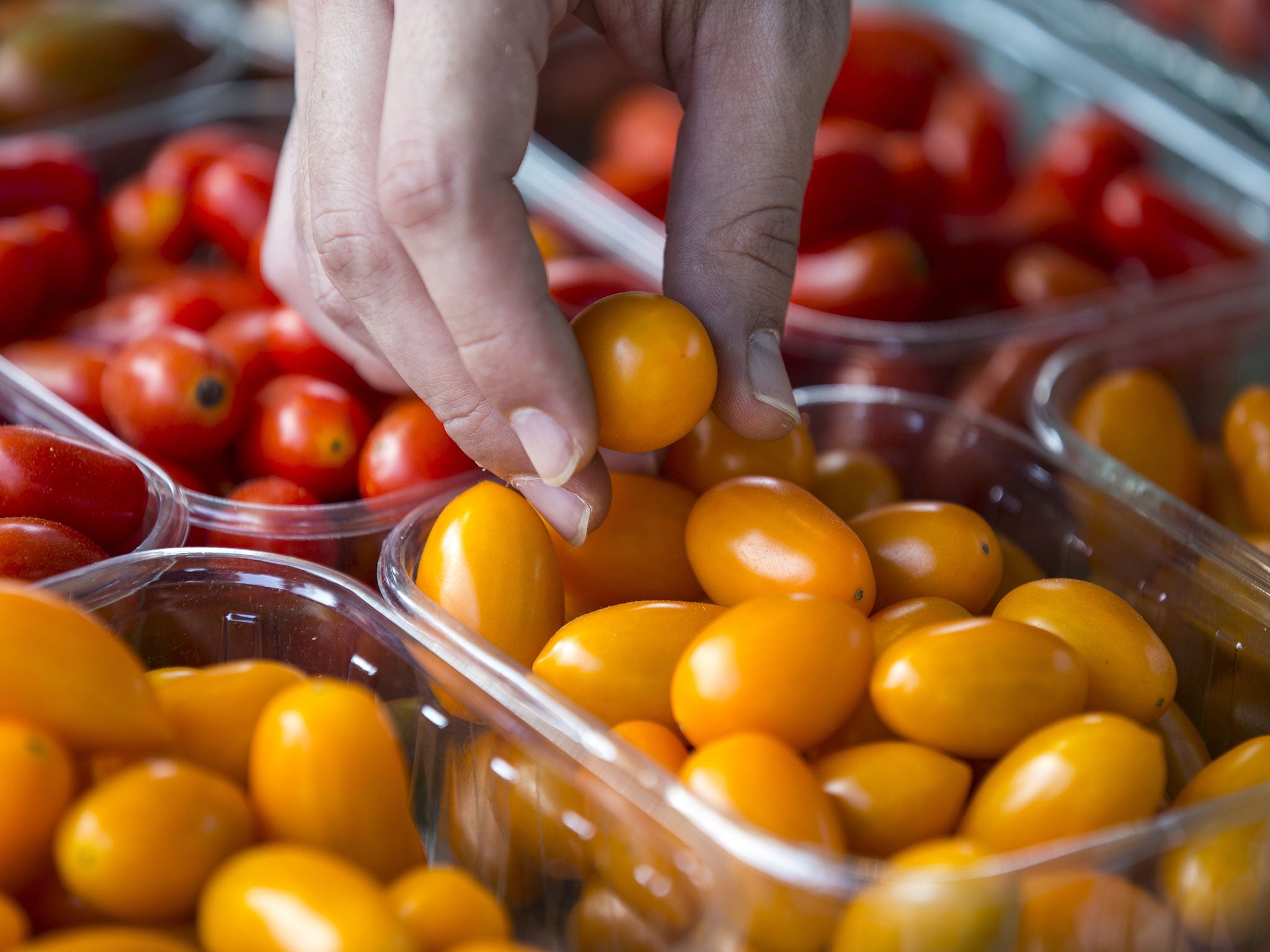
Putting tomatoes in the fridge will stop them from ripening and kill their flavour. According to Mercola, placing tomatoes in the fridge changes their chemical structure and reduces the amount of volatiles compounds in the fruit, which affects their flavour. A tomato’s texture and colour can also be affected by cold temperatures and “chilling injuries” caused by temperatures below 5C can leave the fruit soft and pitted on the surface.
Potatoes
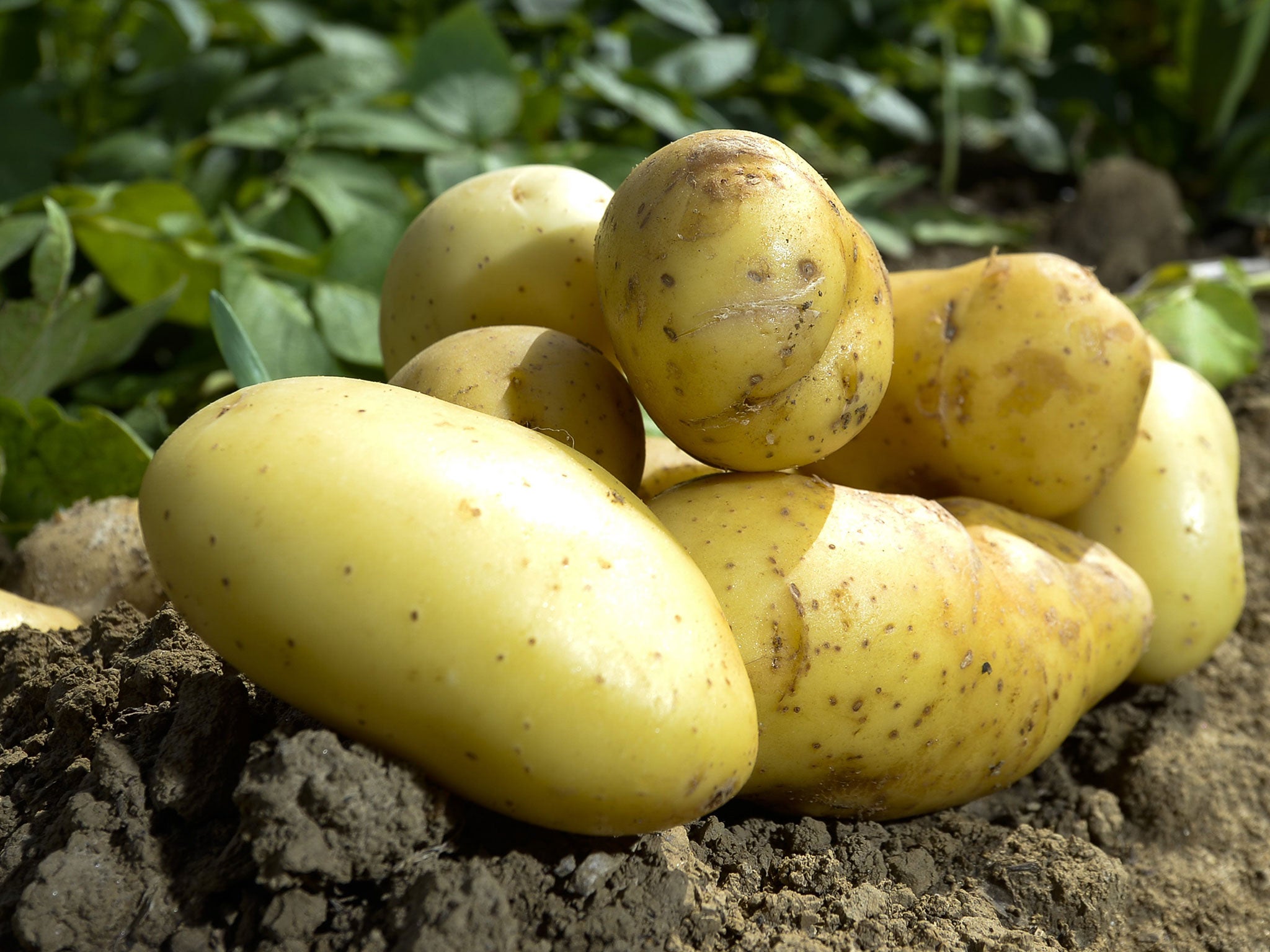
Potatoes need to be stored somewhere cool and dry, either in a paper or perforated bag to keep them dry – but not in the fridge. Keeping them refrigerated can change the potato’s starch into sugar, which will affect their texture and cause them to become discoloured and taste sweet once cooked.
Onions
If onions are unpeeled then they need a cool dry storage place with lots of air ventilation, not a cold refrigerator.
According to the National Onion Association, the only times onions should go in the fridge is if they are bought peeled or pre-cut, or “when trying to extend the shelf life of sweet or mild onion varieties with high water content”. These, however, need to be kept on a low humidity setting to keep them dry. Onions that have been cut can be kept in a sealed container for up to seven days.
Bread
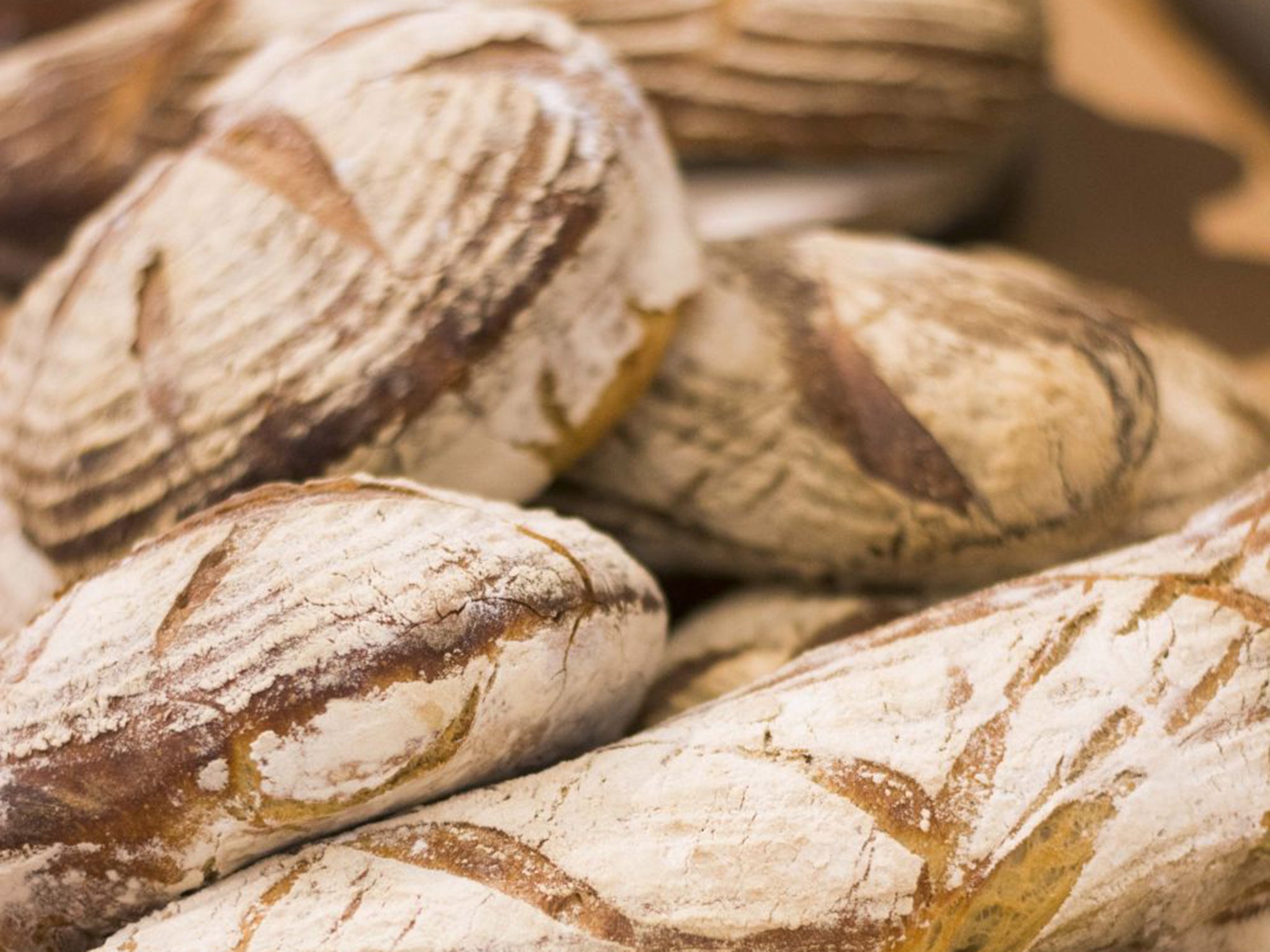
The refrigerator is “really bad” for bread, according to seriouseats.com. While freezing bread can seriously stall the process that makes bread stale, putting a loaf in the fridge will speed it up. Essentially, the cool temperature causes the starch to crystalize far more rapidly than at room temperature, speeding up the process that makes bread hard and stale.
Bananas
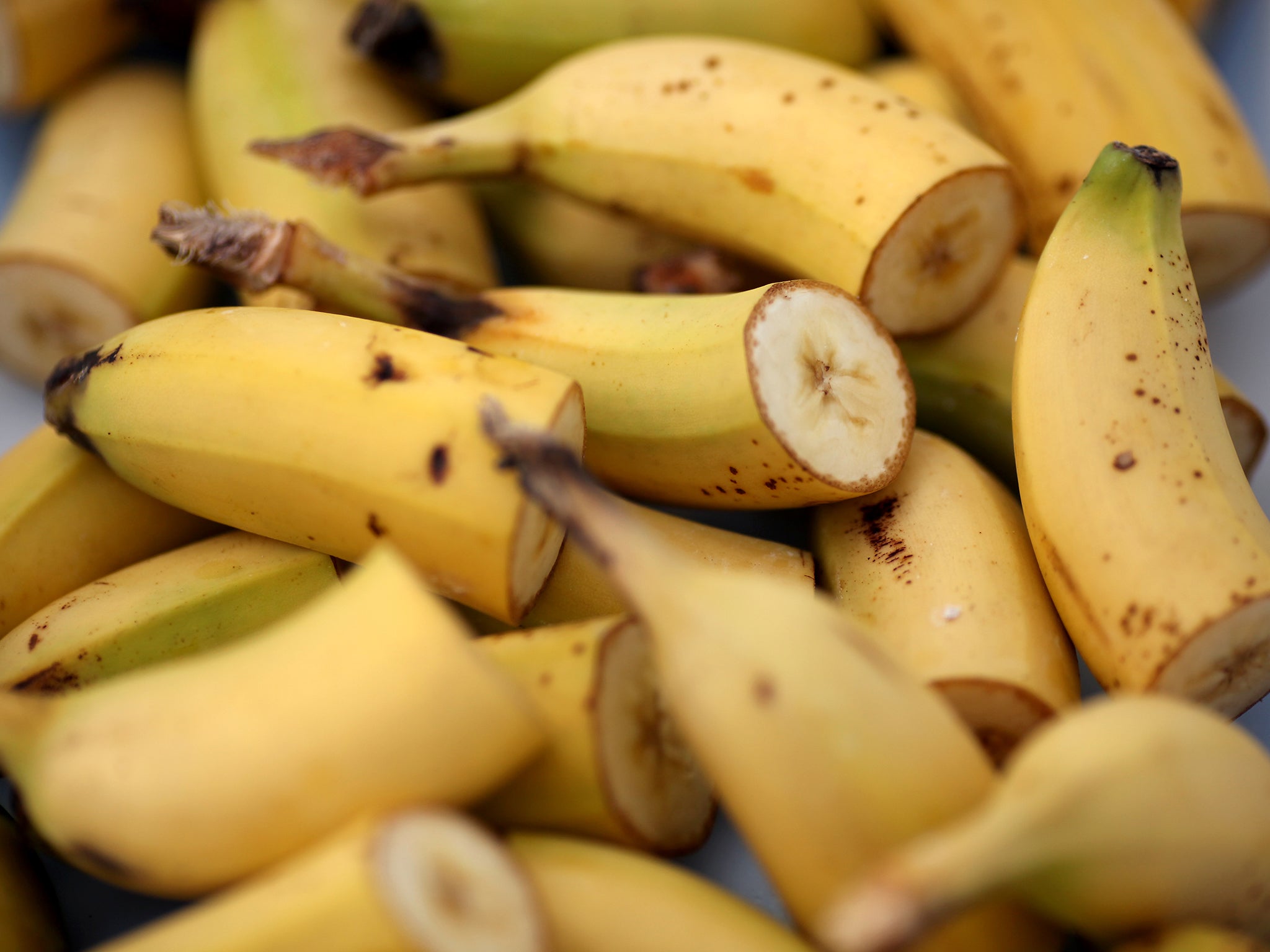
Putting ripe bananas in the fridge will help them stay ripe for a few days – but if you put them in while they are still a bit green and hard then they won’t ripen at all. Not even after you take them out of the fridge. And their skin will turn black.
Bananas are a tropical fruit and have no natural defence against the cold in their cell walls. These become ruptured by cold temperatures, causing the fruits’ digestive enzymes to leak out of the cells, which is what causes the banana’s skin to turn completely black, according to A Moment of Science.
Garlic
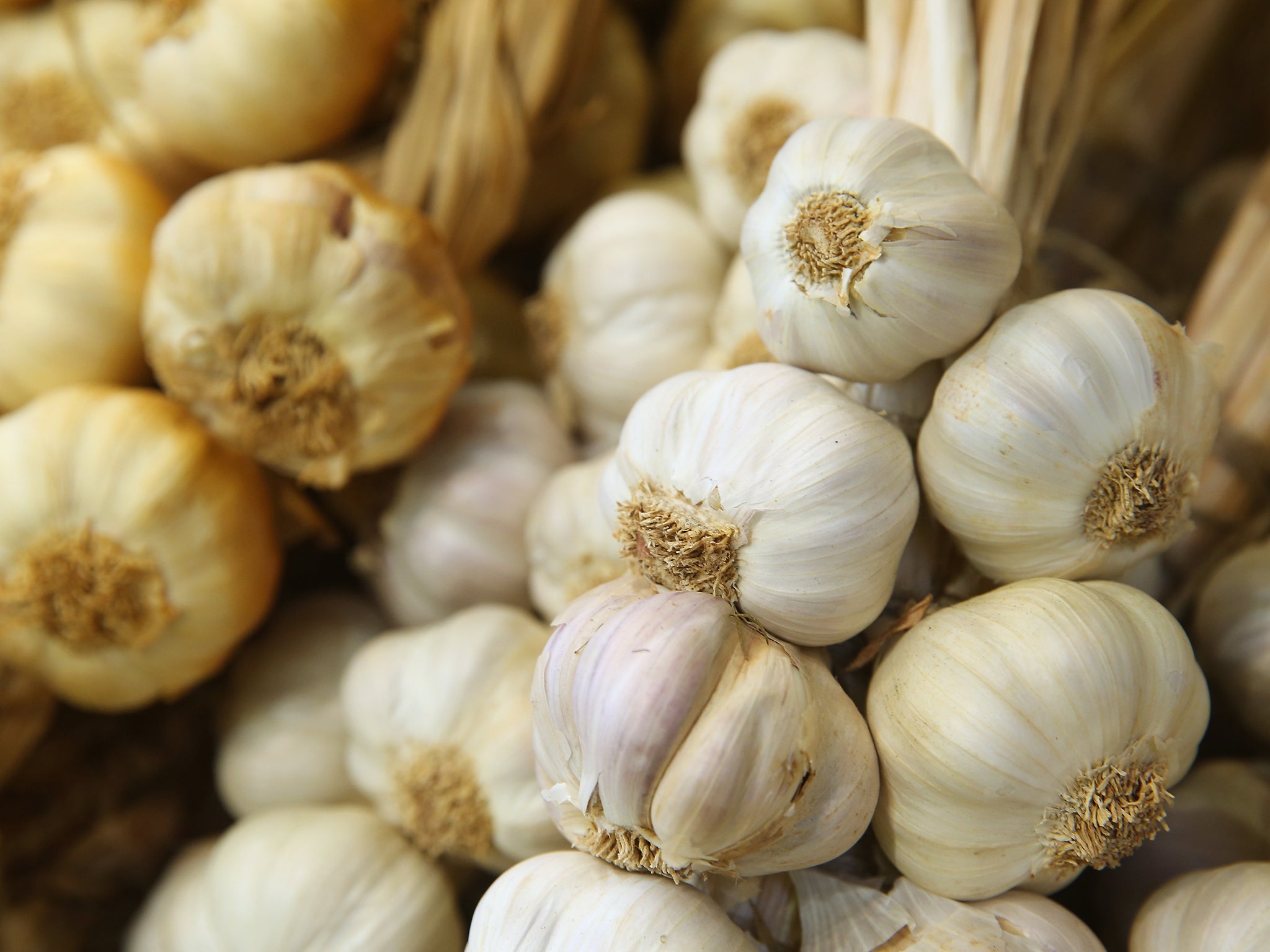
Putting garlic in the fridge or in plastic bags can make it go mouldy. The best way to store garlic, according to How Stuff Works, is to keep it “at room temperature in a dry, dark place that has ample air circulation” with little light to avoid the bulbs sprouting.
Join our commenting forum
Join thought-provoking conversations, follow other Independent readers and see their replies
Comments